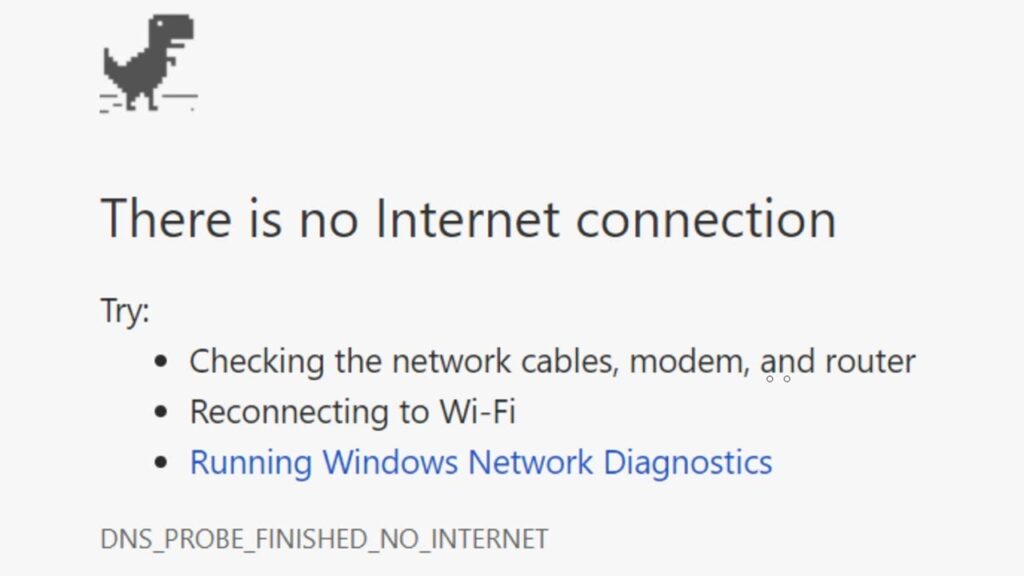There’s been a lot of talk over the motivations behind “The Great Reset” – with worries over why the phrase was used by the World Economic Forum in 2020 in particular, its use and promotion appeared to be of ill-taste for some audiences in the context of a global pandemic to assimilate phraseology that appeared to “predict” the limitations and transformations that were set upon economies and freedoms worldwide. Other audiences found Davos to be the policy wonk snoozefest that it ‘usually’ is.
The fear of ‘The Great Reset’ has also been echoed in the discourse of education delivery, training delivery and the bias towards remote learning – a methodology that was not previously preferred nor appeared to be desired – until it was enforced as the global pandemic took place.
As suitably imagined many parents have found virtual learning and homeschooling challenging.
Further up in the education journey, colleges and universities have been colleting tutition fees but were forced to inky be able to provide virtual learning and ‘Zoom university tuition for a quarter million dollars‘.
While many will leave 2020 behind asking questions about the value of their education, their life and the time that they spend on that learning journey; there are issues that have bene helpfully raised and do indeed, require a ‘reset one way or another’. Here are some of them:
An assumption that technology is replacing teachers
While the World Economic Forum article posited here doesn’t massively help the anti-fear argument (the statistics they report on only represent the lack of CPD provided to teachers in providing effective technology use, with no mention of the total lack of training made available for teachers who may be able to accommodate alternative arrangements such as live virtual classes, the education cybersecurity rights of young people, community or nanoschools, correspondence schools, or multimodal learning i.e. virtual learning mixed with in-attendance “real school” teaching); it highlights that the pandemic has grossly exacerbated a digital divide where the internet-haves and the internet-have-nots are more misaligned and maligned than ever, risking educational inequality on a huge scale.
https://www.weforum.org/agenda/2020/04/coronavirus-homeschooling-technology-oecd/
“We must reduce the digital divide to make any desired great reset work.”
chief learning magazine


Public systems should not be vulnerable to private scalping
The World Economic Foundation points out the stark fact that quite literally, hundreds of millions of young people are out of the school system by way of access. In its summary in a piece called ‘The world is failing miserably on access to education. Here’s how to change course‘, we discover that the privatisation of education is creeping into public provision, creating a “private fungus” issue where public taxes and public money is increasingly spent on private resources without the accountabilities that public provisions are necessarily subject to.
The factfile states:
About 263 million children and youth are out of school.
Privatization of education is intensifying and funding for public education is being cut, increasing inequality.
The world is not on track to achieve the UN goal on education for all.
World Economic FOrum 2020
The Great Reset and the shift of power from teachers to algorithms
Teachers famously hate marking their students’ work – this book suggests ways of minimising marking to get on with teaching. Most professionals claim that it takes time away from the interactive and interpersonal act of teaching.
Nevertheless, some teachers, by not enjoying the marking process or seeking to change it, may be unwittingly moving themselves towards a more automated change of pace, where the objective judgement skills required for marking work will gradually be taken away from them. It’s also a zero-sum game in this regard: algorithms largely perform better in marking schoolwork where there are only correct and incorrect answers – and they can mark them completely, without teacher bias.
“Students may be more receptive to critical feedback from software as it can seem less punitive”
Associate professor klobucar, new jeresy institute of technology newark
This might support the very human issues that we see in terms of racial bias from teachers when it comes to extra advantages such as gifted invitations and grants as well as grading, a racial bias which remains a global and unfought phenomenon.
And as New Scientist noted from Andrew Klobucar, software can mark essays with a stringent accuracy that removes human biases that can scupper students throughout their life beyond school.
For any great reset to work significantly, we have to fight the fear of technology being created to replace all human behaviours – when the idea is for technology to augment the capabilities of human teachers and remove falsity, bias and discrimination.
And it could take much more than a great reset for that to actually happen.

